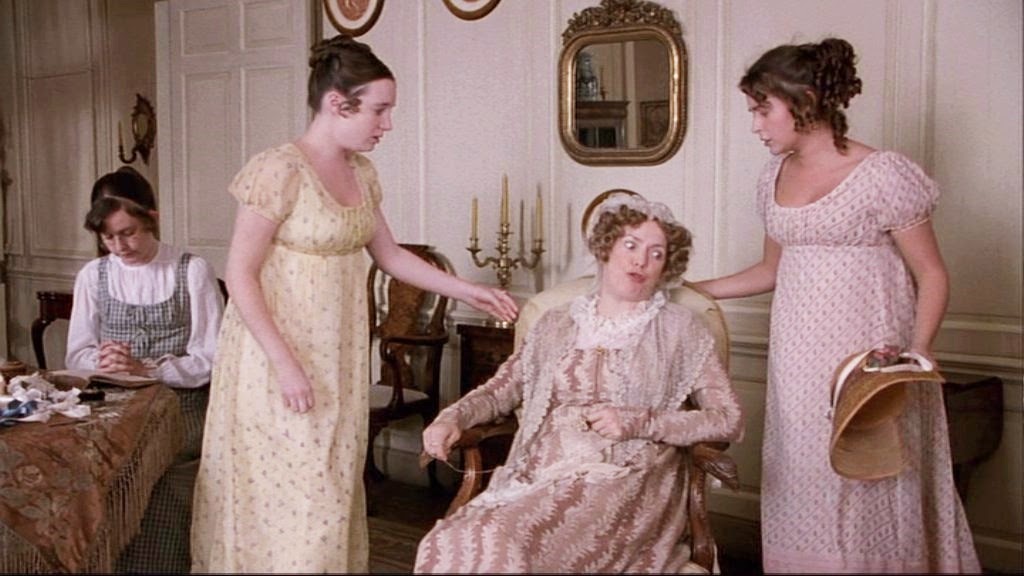Les Costumes François, Plate 7
THE DOCTOR.
"Honor the Doctor for necessity," says scripture, good reason, was the response, if the motives are only fear of being killed. This response is unjust, why not say that the desire of being healed is the motive which must engage us, and because of which one must wait for help, when one is infirm, if it is for a wise man, who has made a particular and deep study of the construction and the mechanics of the human body, who has observed all the alterations that the seasons, intemperance, excess of every kind, and the decrepitude of age can bring to health, who has made exact and painstaking research into the means that can be employed to repair it, that is a little cleared without a doubt, who say that the science of the Doctor consists of the uncertain opinions, accredited by experience, of which Patients flatter themselves to prolong their days by his advice, and that the knowledge that he has plants only serves to stun men and to trick them. The discoveries that have been made in the art of healing and their success when applied and practiced, invincibly demonstrate the great obligations that mankind must have to those who become skilled in this art, I mean, to the Doctor, they also have a distinguished rank in society, they are personally noble and by consequence Doctors born gentlemen depart from their nobility, their orders are executed by Apothecaries and Surgeons, the former prepare remedies and administer them; the latter perform all the exterior operations necessary for the health of a patient, such as bleeding, dressing wounds, and in a word in the treatment of Patients all must be subordinate to the Doctor. Hippocrates made this the subject of one of his Aphorisms: Surgeons, Apothecaries, watchers, assistants, all are only auxiliaries, it is only the Doctor that should take the helm, as in the print represented here the Doctor takes the pulse from the hand of a sick Lady and at the same time, he looks at the Surgeon and the Apothecary who listen with attention to his order and who have already one and the other instruments in hand to execute them, they are represented in their hospital garments, that is, in the aprons which must be their uniforms.




Comments
Post a Comment